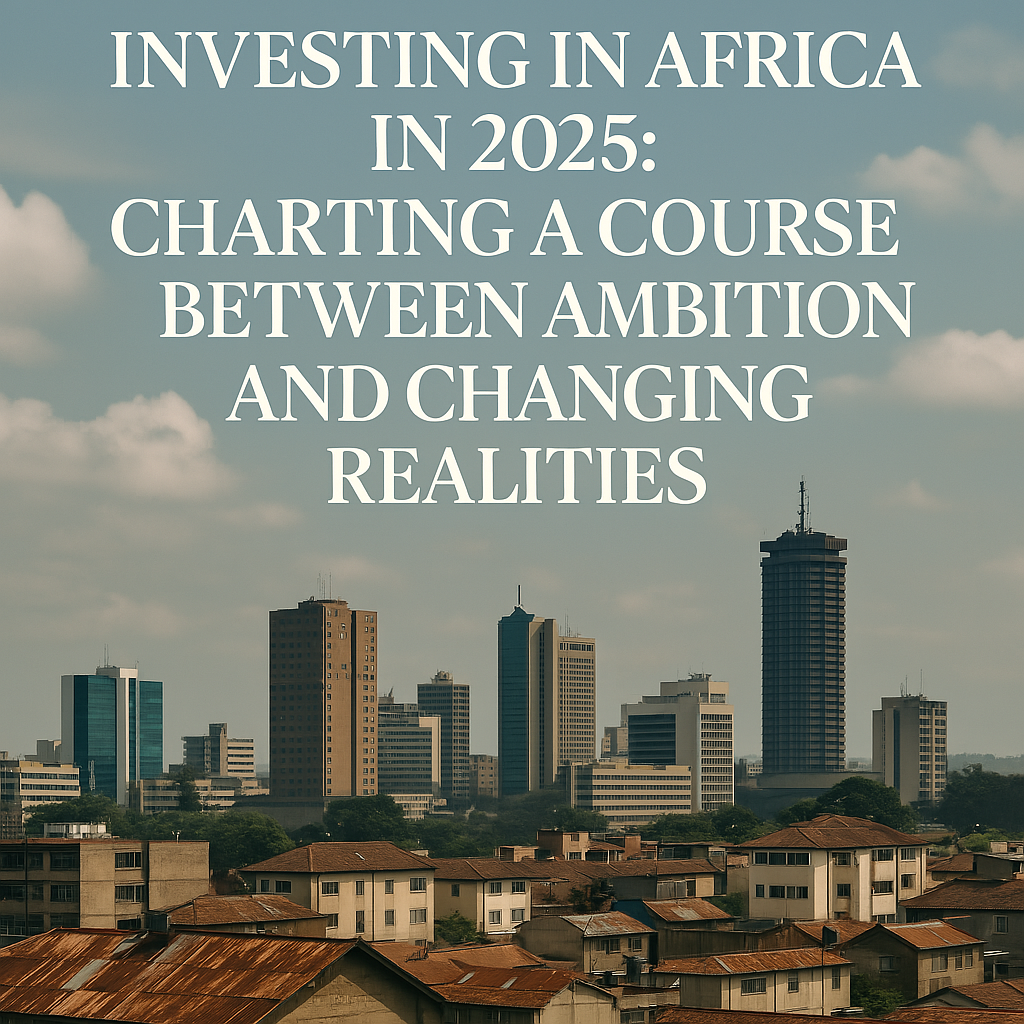Africa has climbed the ranks of global investment attractiveness in recent years. It is a tantalizing space for entrepreneurs and businesses looking for scalable, less saturated markets, with a fast-growing population, accelerating digital transitions, and massive structural needs.
But in 2025, this optimism is greeted with mounting complexity. While some markets open to innovation and long-term investment, others — though superficially open — have underlying weaknesses: institutional weakness, social tensions, macroeconomic imbalances. Investing in Africa today is no longer a question of potential but of resilience in context.
A continent of uneven trajectories
The narrative of a rising Africa is challenged by increasingly visible zones of instability. From Khartoum to Harare, Tripoli to Nairobi, the questions investors are asking in 2025 are no longer about size or growth, but about state capacity: is the institutional foundation strong enough to protect capital?
In Sudan, following the collapse of government during civil war, economic projections have all but vanished. The business climate has been shattered, banking systems barely function, and hyperinflation is annihilating all value. There is no longer a “market” in any traditional sense — only areas of survival.
Libya offers another, albeit equally cautionary, tale. Post-conflict euphoria has given way to deep-seated fragmentation. With rival governments, tribal fissures and an oil-dependent economy hostage to militia politics, foreign capital — even when invited — is subject to insurmountable continuity risks.
Zimbabwe, by contrast, is a case study in financial paralysis. Growth exists on paper. On the ground, the real economy is suffocating. Inflation exceeds 400%, monetary policy is unpredictable, and the rule of law to safeguard private business is weak. For foreign businessmen, doing business is a walk through an economic minefield.
Even in more stable contexts like Kenya, fault lines are beginning to appear. Long seen as a gateway to East Africa, Kenya boasts a burgeoning tech sector, decent logistics infrastructure and consistent GDP growth of around 4.7%. Inflation is under control, and British capital is deeply invested in numerous sectors.
Yet underlying that momentum are intensifying pressures: public debt is ballooning, tax burdens are rising steeply, and fiscal discontent has triggered waves of protest. Bureaucracy is sluggish, corruption lingers in strategic sectors, and regulatory clarity is at times clouded by political tension. In short, Kenya remains a strategic entry point — but one whose hinges are starting to creak.
Beyond raw potential: the new investment criteria
This evolving picture demands a shift in posture. For UK investors, it’s no longer about entering African markets early — it’s about entering intelligently.
Old benchmarks — GDP growth, mobile penetration, urban demographics — no longer suffice. What matters in 2025 is institutional resilience: the rule of law, enforcement of contracts, regulatory consistency, and political stability. A country with good growth but weak legal recourse can prove to be riskier than a less growth-oriented country with a good state apparatus.
This is the real investment frontier: not just spotting the obvious opportunity, but those markets where decent margins and institutional stability are compatible.
Invest strategically, or Not at All
Africa is not a bet. It is a strategy. And any strategy requires a nuanced reading of national trajectories, well away from simplistic narratives.
British investors in 2025 must avoid both idealism and fatalism. The smart answer is to take heed of weak signals, embrace complexity, and invest where trust — not short-term yield — can still be built. For in Africa, as in other places, capital is not fearful of risk — it fears uncertainty.


